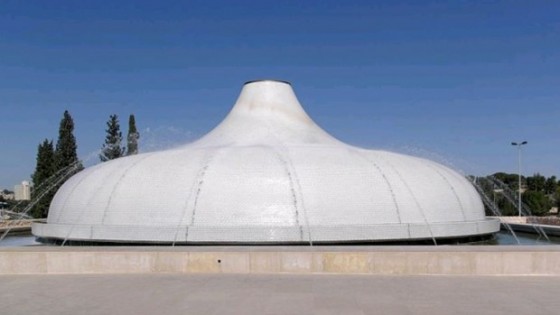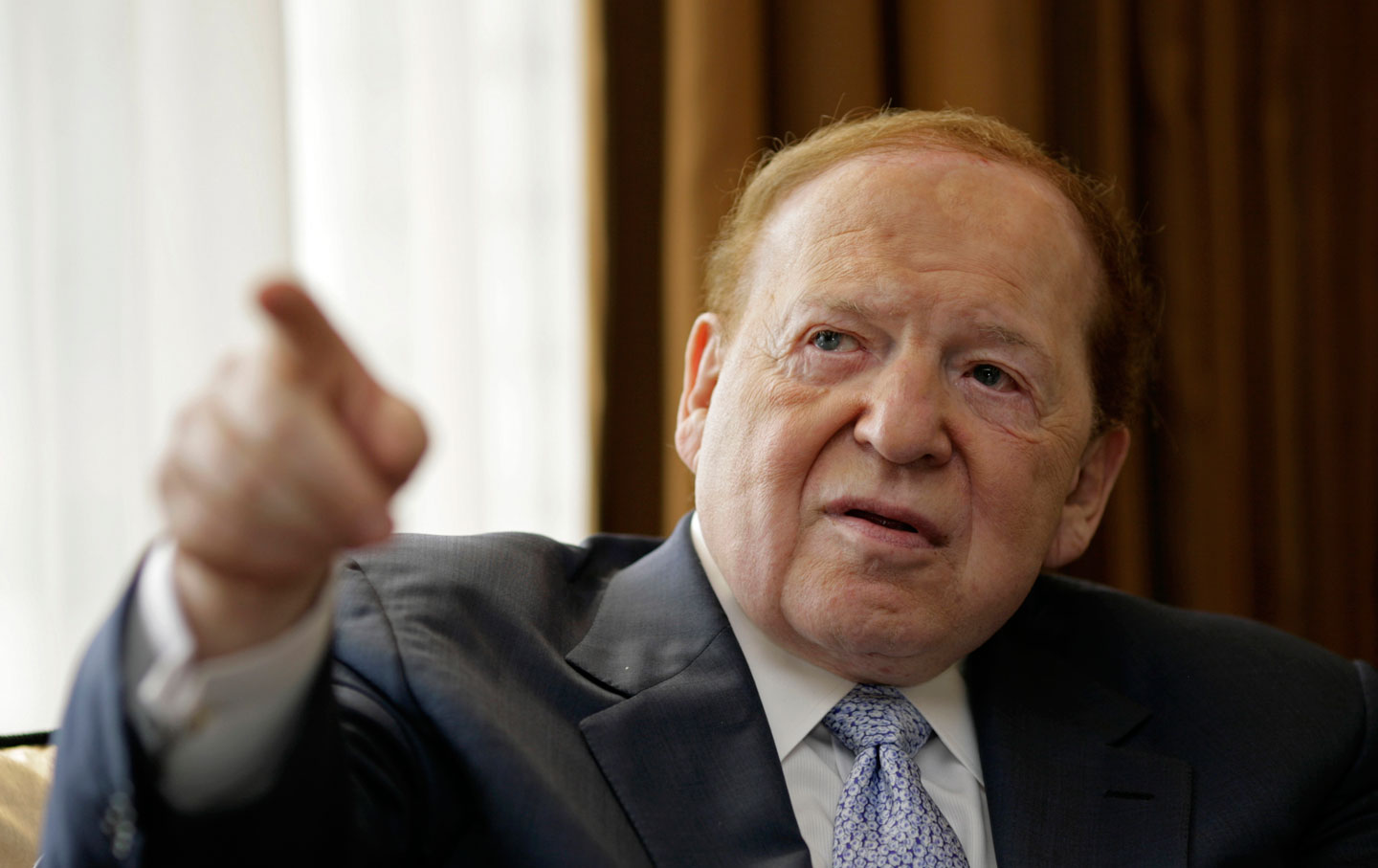Over the coming days, I’ll be attending the Middle East Studies Association (MESA) annual conference in Washington. It’s time for me to catch up on the zeitgeist in my field, and there’s no better place to do that than at MESA. It’s been a long time—to be precise, sixteen years—since my last attendance at a MESA conference. MESA veterans might remember the occasion: Edward Said was being feted for his contribution (such as it was) to Middle Eastern studies. He was on the plenary podium, and I was in the audience. The British historian Robert Irwin hasn’t forgotten:
I well remember the 1998 Middle East studies association meeting held in the Chicago Hilton to mark the twentieth anniversary of the publication ofOrientalism. Said appeared on a platform that was packed with his supporters. Critics from the floor were shouted down. I can still see and hear Homi Bhabhaon the platform contemptuously booming out “Who are you? Who are you?” to one hapless member of the audience who was trying to make a point from the floor.
That “hapless member” was me. Irwin is accurate, except that there weren’t any other “critics from the floor” aside from me. Said, knowing I was in the audience, specifically invited me to stand up and challenge him, as though he were interested in a debate. That turned out to be a set-up. (Homi Bhabha, Said’s chivalrous defender on that occasion, is now alleged by the keepers of Said’s flame to have betrayed him by criticizing the departed Said through “Zionist argumentation.” Bhabha furthermore stands accused of being “popular in some leftist Israeli academic circles.” A falling out among post-colonialism’s thieves.)
The next time I figured in a MESA plenary, I wasn’t even there. It was in San Francisco in 2001, shortly after 9/11 and the publication of my book Ivory Towers on Sand: The Failure of Middle Eastern Studies in America. Franklin Foer went out to cover the conference for The New Republic, and in his report I read this: “There was one universally acknowledged villain at the conference—it just wasn’t Osama bin Laden. No, the man everyone loved to hate was Martin Kramer.” When my name was mentioned by someone in the plenary, “some in the audience actually hissed.” I suppose that was better than “Who are you?”
So now I’m back, not as a participant but as an observer. I’ve registered for the conference as a non-member, and that non-membership is principled. Its specific origin is the failure of MESA to overcome its political instincts and confer on Bernard Lewis the title of honorary fellow, reserved for a select few who’ve made exceptional contributions to the field. Whatever one thinks of Lewis’s politics, only an ignoramus or hack would deny his massive contribution to the field. Writing of Lewis, one former MESA president has testified to
the extraordinary range of his scholarship, his capacity to command the totality of Islamic and Middle Eastern history from Muhammad down to the present day. This is not merely a matter of erudition; rather, it reflects an almost unparalleled ability to fit things together into a detailed and comprehensive synthesis. In this regard, it is hard to imagine that Lewis will have any true successors.
Yet not only did MESA deign not to confer the honor upon Lewis, it bestowed it upon Edward Said, who brought Middle Eastern studies to the brink of ruin. Lewis never needed any honors from MESA: it was MESA that needed to honor him, and MESA’s failure to do so is evidence that it isn’t a scholarly association in the pure sense. So why join it?
That brings me to this year’s conference. MESA meets once every three years in Washington, to demonstrate its relevance to the powers that be. University-based Middle East centers feed at the taxpayers’ trough, and so it’s important to show up every few years at the doorstep of Congress, in an effort to prove that academe is “relevant” to the national interest. Some aspect of the program is pitched just for that purpose. (This year, it’s a panel on ISIS.)
The problem is that the radicals’ hormones are raging in the wake the Israel-Hamas war, and many of the rank-and-file would like to add MESA to the list of associations that have passed resolutions calling for an academic boycott of Israel. This isn’t such a smart thing to propose in Washington, and MESA’s president, Nathan Brown, has already reminded the members that MESA is “a non-political association.” But some MESA members think otherwise, and they’re always looking for ways to shove MESA even deeper into politics than it already is. In short, the conference is bound to be contentious.
In my next post, I’ll share my impressions of the triumphal reception accorded by MESAns to Steven Salaita, the anti-Israel tweet artist who got canned at the University of Illinois, and who’s become a jobless martyr.




